Drug Detox
FIND YOUR PATH TO RECOVERY
Drug Detox
Drug Detox Center In San Francisco, CA
- Written By: Kris Brace, CADC II
- Medically Reviewed By: Riky Hanaumi, LCSW
- August 26, 2021
Drug addiction affects millions worldwide. According to the National Survey on Drug Use and Health (NSDUH), 19.7 million adults suffered from drug addiction and substance use disorder in 2017. Drug addiction and substance use disorder is characterized by the inability to stop using substances despite social, familial, emotional, financial, and physical consequences. Symptoms of substance abuse and withdrawal symptoms are typically the first sign that a substance use disorder is present.
When a user is physically dependent on drugs, and they suddenly quit using, withdrawal symptoms can follow closely behind. Oftentimes these symptoms are uncomfortable and can even be dangerous. At our drug detox in San Francisco, our services include a medically supervised detox for those undergoing withdrawal to ensure safety and comfort through this process.
Drug Addiction Symptoms and Withdrawal Timelines
Drugs and alcohol flood the brain with dopamine and serotonin. These artificial chemicals regulate mood, emotion, and decision making skills. When the brain is flooded with these chemicals, an euphoric feeling occurs and the brain’s reward system goes out of control. With the more use of these chemicals, the brain produces lower dopamine levels, and ultimately becomes dependent on feeling this way. Overtime, without these substances, a person can become sick and feel physical symptoms. This is drug addiction withdrawal.
Drug addiction withdrawal symptoms vary from person to person depending on the length of use, duration of use, and frequency. Each drug also has a slightly different effect. There are some that cause physical withdrawal symptoms, and others that cause emotional effects. However, the most important thing to note is that withdrawal is the first step in the process of recovery and must happen before any other treatment occurs.
The following are different type of drug addiction withdrawal symptoms and their withdrawal timelines.

Request a Confidential Callback 24/7
Drug Addiction Symptoms and
Withdrawal Timelines
When someone struggles with addiction, they will continue to use drugs or alcohol despite known harmful consequences. As their use continues and the amount they use inevitably increases, changes occur in the body and brain. Drug and alcohol use leads to physical and functional changes to the brain. Addiction cause changes to how the brain functions and communicates. One such change involves the release of dopamine.
Dopamine is a naturally occurring chemical in the body. In the absence of substance, dopamine is released through events that cause happiness or pleasure. With chronic addiction, the dopamine release process changes. Drug and alcohol use floods the brain with dopamine and serotonin. These artificial chemicals regulate mood, emotion, and decision-making skills. When the brain is flooded with these chemicals, a euphoric feeling occurs, and the brain’s reward system goes out of control. With more use of these chemicals, the brain produces lower dopamine levels and ultimately becomes dependent on feeling this way. Over time, without these substances, a person can become sick and feel physical symptoms. This is drug addiction withdrawal.
Addiction is a disease unique to the individual. Although two people may struggle with the same addiction, the symptoms they experience while using and while trying to get sober will vary. Due to the individual nature of addiction, drug and alcohol addiction withdrawal symptoms will vary from person to person depending on various factors. These include the length of use, duration of use, and frequency. Each drug also has a slightly different effect. There are some that cause physical withdrawal symptoms and others that cause emotional effects. Also, the duration and severity of withdrawal symptoms will vary based on the substance. However, the most important thing to note is that withdrawal is the first step in the process of recovery and must happen before any other treatment occurs.
The following are different type of drug addiction withdrawal symptoms and their withdrawal timelines:
Amphetamine Withdrawal Symptoms & Timeline
Amphetamines are synthetic, mood-altering drugs that have a high potential for addiction. Amphetamines may be obtained via prescription or as illicit (“street”) drugs. Two well-known examples of amphetamines include Adderall and methamphetamine or Crystal Meth.
Amphetamine withdrawal usually occurs a few hours after last use and peaks between one and two days after the last use. Typically, users experience a “crash,” and then a longer period of withdrawal and post-acute withdrawal symptoms can last anywhere from a few weeks to a few months. Acute onset symptoms include
- Depression
- Agitation
- Irritability
- Increased appetite
- Nausea, stomach cramping, or vomiting
- Unpleasant or lucid dreams
- Suicidal thoughts
- Body aches and pains
- Insomnia or increased fatigue
Benzodiazepine Withdrawal Symptoms & Timeline
Benzodiazepines or “benzos” are sedative or tranquilizing drugs prescribed to treat anxiety symptoms, muscle spasms, seizures, and insomnia. Common examples include Xanax, Ativan, and Valium, among others. Benzodiazepines are not intended for long-term use as they can quickly lead to both physical and psychological dependence.
Depending on the drug, benzodiazepine withdrawal symptoms typically start between one and four days after the last use. However, for some short-acting benzos such as Xanax, symptoms may appear in as little as ten hours. During the first few days, those who take benzodiazepines for anxiety may experience a “rebound” effect, meaning their condition will get worse when they cease administration of the drug. Symptoms can peak around two weeks; however, they can last for months.
Benzodiazepine withdrawal symptoms can be dangerous and life-threatening, and severe symptoms such as seizures, hallucinations, and hallucinations can occur in heavy or long-term users. Other benzodiazepine withdrawal symptoms can include:
- Depression
- Agitation
- Irritability
- Increased appetite
- Nausea, stomach cramping, or vomiting
- Unpleasant or lucid dreams
- Suicidal thoughts
- Body aches and pains
- Insomnia or increased fatigue
Opioid Withdrawal Symptoms & Timeline
Opioids are a specific class of drugs that include illegal substances, including heroin, synthetically produced opioids like fentanyl, and prescription pain medications including oxycodone, morphine, and hydrocodone, among others. Opioid use, even in the short term, can lead to addiction. Opioid drugs, whether prescription or illicit, work by attaching themselves to the opioid receptors in the brain, on the spinal cord, and in other parts of the body. This connection blocks pain messages sent from the body through the nervous system to the spinal cord and the brain. When someone uses a prescription or illegal opioid, the pain that they struggle with becomes manageable and often disappears completely; until the drug wears off.
Opioid withdrawal symptoms, including heroin and fentanyl, occur just hours of cessation and peak between two and four days after the last use. However, post-acute withdrawal symptoms can last for up to weeks or months. Opioid withdrawal can mimic flu-like symptoms and include the following:
- Muscle aches
- Runny Nose
- Intense cravings
- Insomnia
- Nausea, stomach cramping, or vomiting
- Cold sweats
- Upset stomach
- Elevated body temperature and blood pressure
- Increased heart rate
- Sweating and chills
How Is Drug Withdrawal Treated?
Recovering from addictions to alcohol and many drugs can be complicated and, in some cases, dangerous. Addictions to these substances require intensive and comprehensive treatment to increase the chances of recovery. Entering a drug detox facility where specialized treatment and care are available is recommended and the safest option for those going through withdrawal. During a medically supervised drug detox in San Francisco, medical professionals are available around the clock to ensure the safety of each individual. During medically supervised detox, a team of medical professionals will monitor your vitals and provide emotional support as you focus on recovery. Medication is often administered to help decrease the intensity and severity of withdrawal symptoms. For opioid withdrawal, medications such as naloxone, suboxone, and buprenorphine are given to reduce symptoms and to block opioid receptors, which can also help prevent relapse by making it chemically impossible to experience a high from opioids. Other medications can include anti-nausea medications, and sleep aids can be prescribed to help with withdrawal symptoms of other drugs.
During drug detox in San Francisco, therapists and counselors also provide individual and group therapy to help with the emotional and psychological toll of withdrawal and process emotional cravings. During this time, clients can begin to learn new, healthy coping skills, ways to identify triggers and start planning for post-detox care by looking at residential or intensive outpatient treatment centers.

Drug Detox In San Francisco
No matter what type of drug you may be struggling with, it’s important to know that help is available. At Marina Harbor Detox in Marin County, our team of medical professionals understands what it takes to recover from addiction. In a luxury and intimate setting, our detox facility provides individualized care and a small patient-to-staff ratio. In a structured and supportive environment, we ensure a safe and smooth detox experience is provided to lessen the risk of relapse and create optimal opportunities for recovery.
